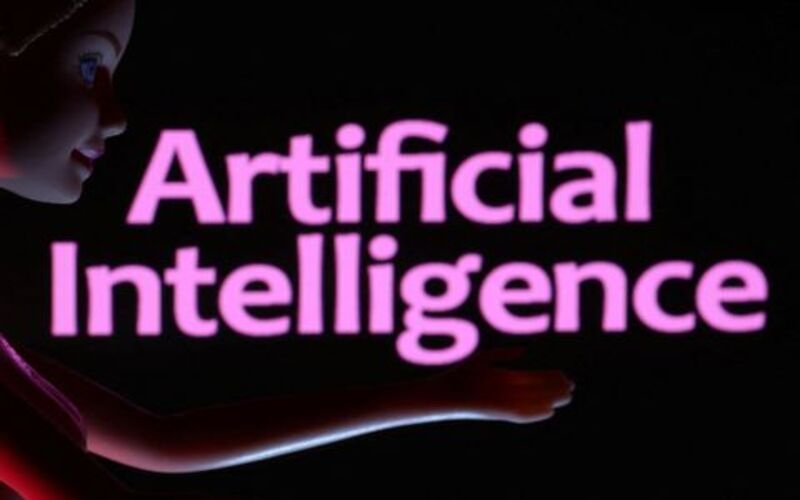The International Labour Organization (ILO) has recently weighed in on the impact of Artificial Intelligence (AI) on the job market. While they suggest that AI is unlikely to destroy most jobs, there’s a caveat: certain roles, particularly those in clerical positions, face potential risks. This comprehensive article delves into the ILO’s assessment, the dynamics of AI in the workplace, and the potential implications for clerical workers.
The ILO’s Perspective
The ILO’s statement provides valuable insight into the evolving relationship between AI and employment. They emphasize that while AI and automation will reshape the job market, it’s not necessarily a doomsday scenario where jobs vanish en masse. This perspective aligns with the growing consensus that AI augments human capabilities more often than fully replaces them.
The Transformative Power of AI
AI is a transformative technology, revolutionizing industries across the board. It brings enhanced efficiency, productivity, and innovation to businesses. Rather than replacing human workers, AI frequently complements their skills, enabling them to focus on higher-value tasks while automating repetitive and mundane aspects of their jobs.
The Vulnerability of Clerical Workers
However, not all jobs are equally immune to AI-induced changes. Clerical workers often perform routine and rule-based tasks and are more susceptible to automation. Tasks such as data entry, record keeping, and document management are prime candidates for AI automation. While this doesn’t necessarily mean wholesale job loss, it does suggest the need for reskilling and upskilling to adapt to new job requirements.
The Importance of Adaptability
The ILO’s assessment underscores the importance of adaptability in the modern workforce. As AI and automation become increasingly integrated into workplaces, employees must develop various skills, including digital literacy, problem-solving, and creativity. These skills will make workers more resilient to AI-related changes and enable them to thrive in the digital era.
AI as a Collaborator
It’s important to recognize that AI can also be a valuable collaborator. It assists workers in decision-making, data analysis, and customer service in many industries. This partnership between humans and AI can lead to improved outcomes, greater job satisfaction, and the creation of entirely new roles.
Preparing for the Future
In conclusion, the ILO’s assessment serves as a timely reminder of the ongoing evolution of the job market in the age of AI. While AI is unlikely to be a harbinger of widespread job destruction, it does call for proactive measures to prepare the workforce for change.
Clerical workers, in particular, should consider reskilling and diversifying their skill sets to remain relevant and adaptable in a digitally driven world. As technology advances, the key to thriving in the workforce lies in embracing change and harnessing the potential of AI as a tool for personal and professional growth.














































Comment Template